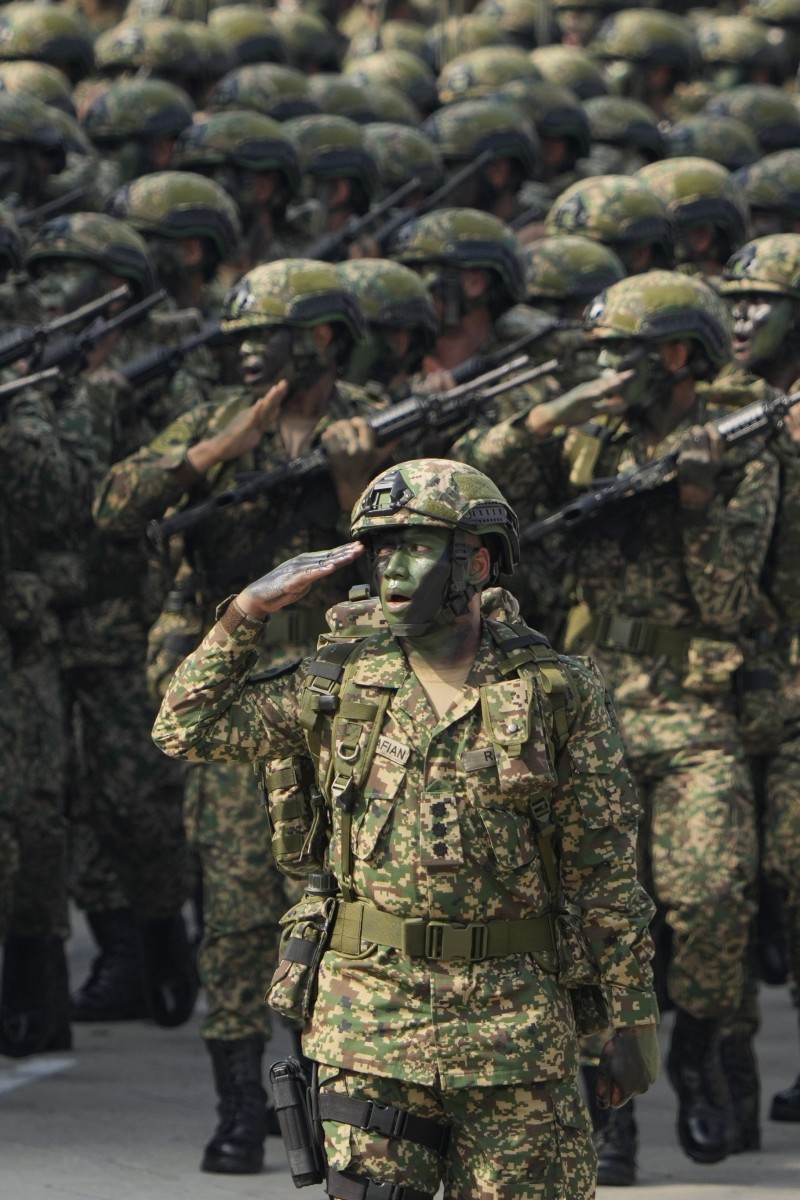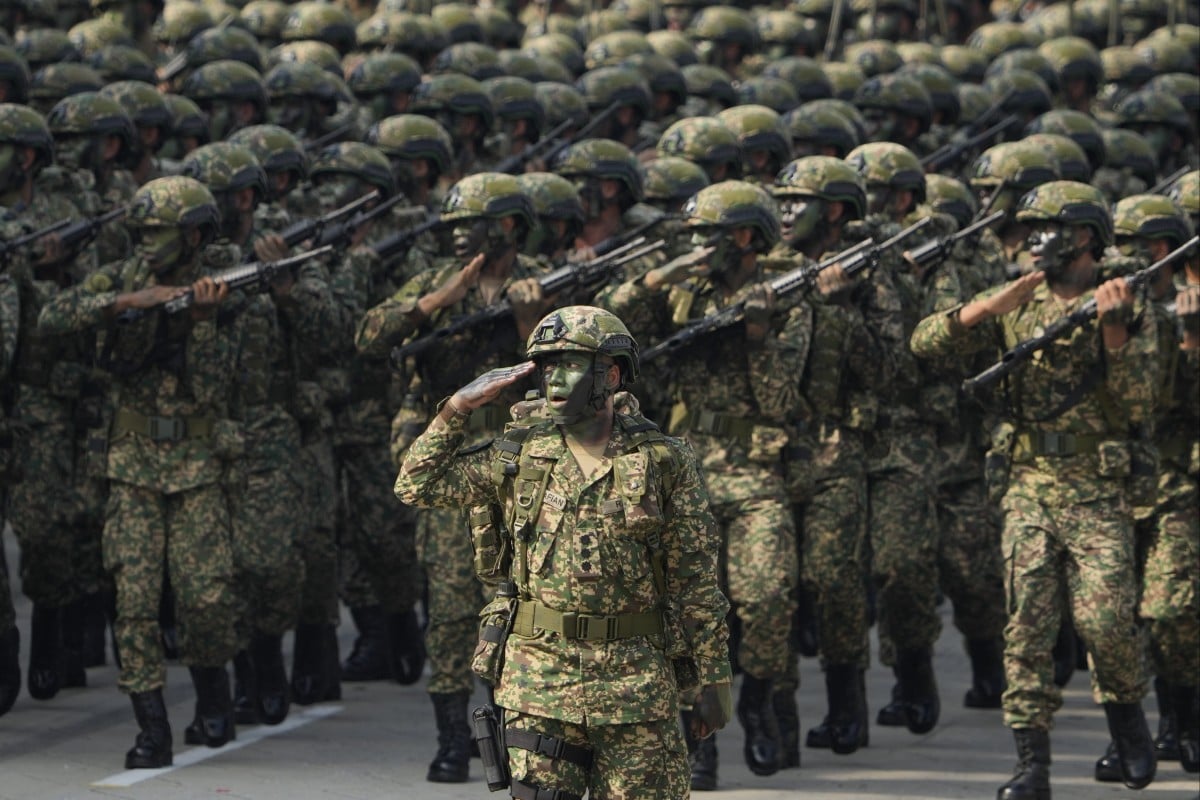
The Lens: Outrage as Malaysian military university faces another shocking bullying scandal
Torture incident raises public outrage, questioning the institution’s integrity and safety measures for students.
 Public outrage is growing after another student was bullied at a Malaysian defence university. Photo: AP
Public outrage is growing after another student was bullied at a Malaysian defence university. Photo: AP
Have some thoughts on this issue? Send us your response (no more than 300 words) by filling out this form or emailing [email protected] by 11.59pm on November 19.
Thoughts from last week
Chenming Song, 15, German Swiss International School
Any form of bullying, or in this case, direct torture and assault, will always be completely unacceptable, no matter the setting.
The recent allegations of another bullying incident at the Malaysian National Defence University (UPNM), where, yet again, a student has been tortured with a hot iron, are appalling. If not addressed, this grotesque activity will continue to erode the respect that institutions like UPNM should command.
In 2017, Zulfarhan Zulkarnain, a 20-year-old cadet, was murdered after being horrifically tortured by his peers with a steam iron, and the stomach-churning details shocked the world.
Now, the case has repeated itself with nearly the same type of torture. It is, therefore, hard to fathom how such activities can take place in any institution, especially one that is supposed to train a country’s future leaders.
A glaring repercussion of these bullying incidents is the damage to UPNM’s reputation. How can we expect integrity, discipline and honour from an institution where violence and cruelty run rampant?
The public outrage in response to these cases is more than justified. People are questioning whether UPNM is fit to continue operating if it cannot even ensure the basic safety of its students. And that is a question that deserves serious consideration.
Police have promised a thorough investigation into this latest incident, but investigations alone will not cut it.
UPNM needs to make sweeping changes to its culture, beginning with its leadership. It is easy to throw around terms like “zero tolerance”, but those words are hollow without concrete action. The university must actively work to dismantle the toxic and violent culture that has been allowed to fester behind closed doors by implementing strict policies that will put severe repercussions in place should something like this ever happen again.
Learn more about the issue here
Read and observe
Japan’s conservatives have denounced a recent UN committee recommendation urging the nation to allow a woman to ascend the Chrysanthemum Throne, accusing it of ignorance and interference in centuries-old traditions.
The report calls for Japan to amend its Imperial Household Law, which currently restricts succession to male descendants from the paternal line.
The committee declared that the law is “contrary to the object and purpose” of the Convention on the Elimination of All Forms of Discrimination Against Women, to which Japan is a signatory.
The reigning emperor, Naruhito, has one daughter, Princess Aiko, 22, with his wife Empress Masako.
The line of succession also includes his brother, Crown Prince Fumihito, 58; his nephew, Prince Hisahito, 17; and his 88-year-old uncle, Prince Hitachi.
Chief Cabinet Secretary Yoshimasa Hayashi voiced the government’s discontent, stating that it was “extremely regrettable” for the UN to reference the Imperial Household Law, which he described as “inappropriate” given its ties to Japan’s national identity.
Some Japanese citizens echoed the government’s stance.
“I do not understand why they think they have the right ... to reverse hundreds of years of our traditions,” said Kan Kato, a politically conservative small business owner from Tokyo.
“Has this UN agency demanded that the Catholic Church change its traditions to allow a female pope?”
The future of Japan’s monarchy remains a contentious topic, with opinion polls consistently showing public support for a woman to be head of state. In a Kyodo News poll conducted in April, 90 per cent of respondents said they would like to have an empress. But successive conservative governments have stalled serious discussions about the needed legal reforms.
Staff writers
Research and discuss
-
Do you think the UN has a right to get involved in the Japanese monarchy?
-
What do you think about the restrictions around the Imperial Household Law? Is it outdated, or does it honour the country’s heritage and history?